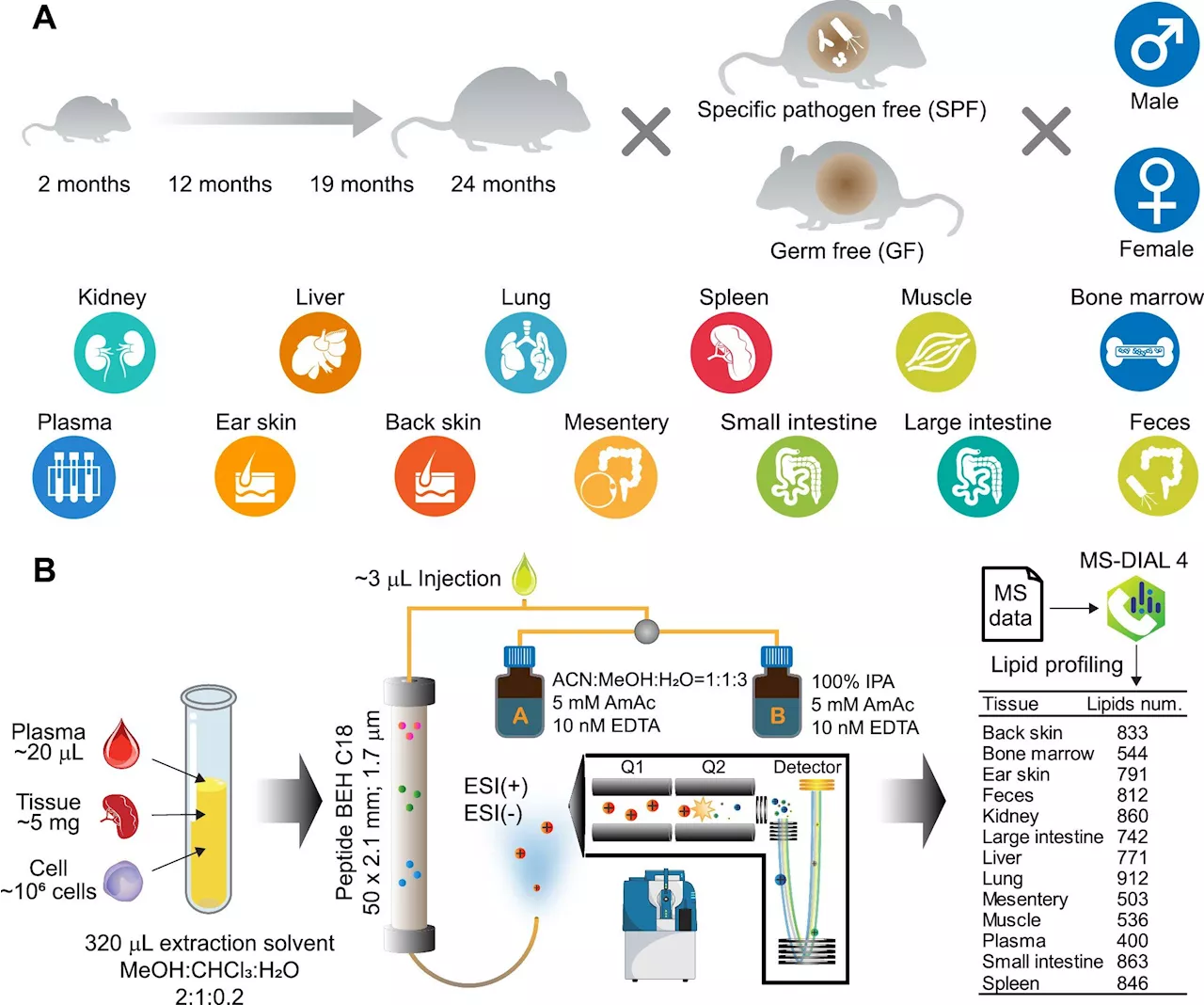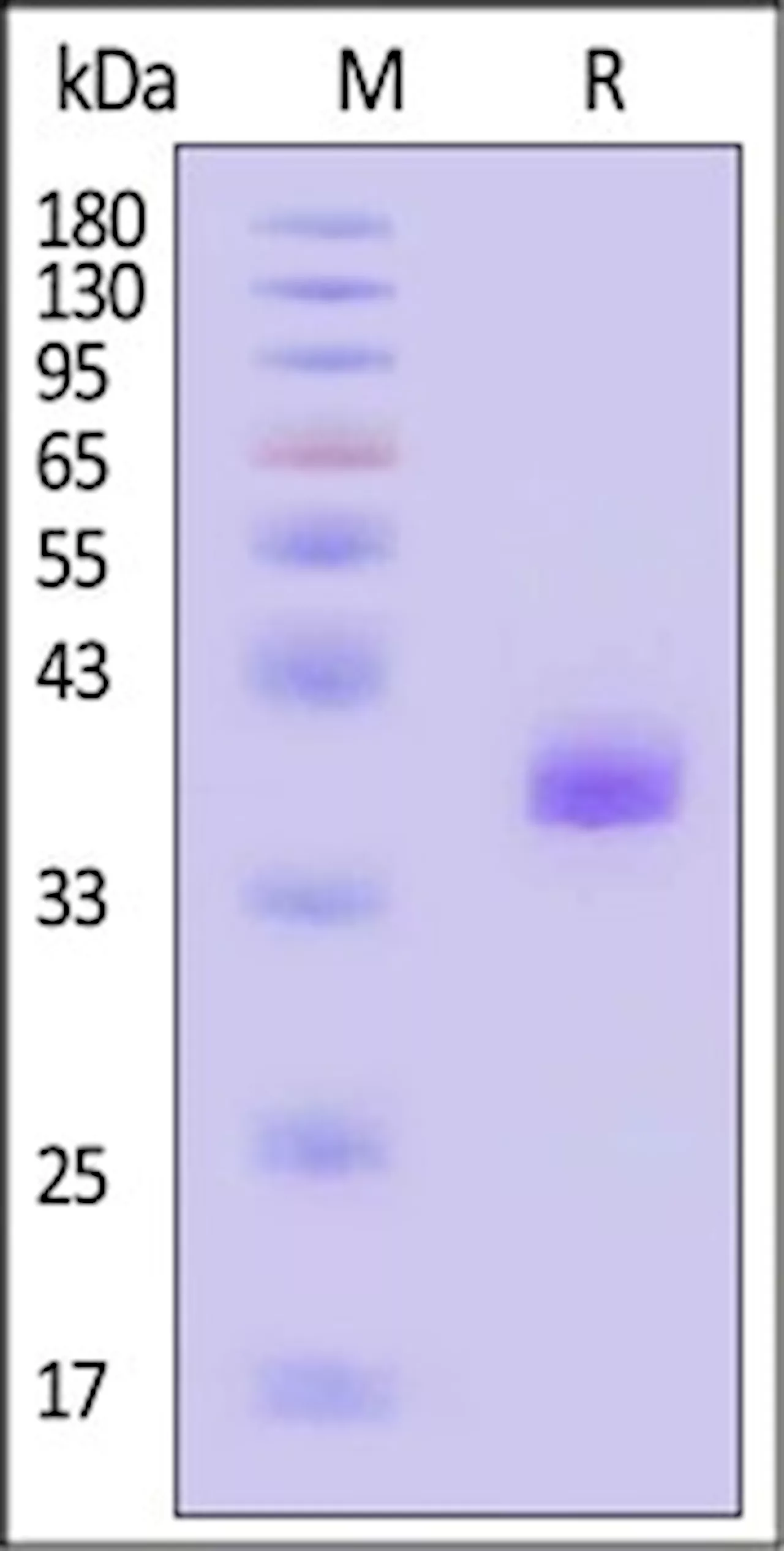APOE is an apolipoprotein, a type of protein that binds with lipid particles. Its primary role is to facilitate lipoprotein-mediated lipid transport between organs through the plasma and interstitial fluids.
APOE is an apolipoprotein that associates with lipid particles and primarily functions in lipoprotein-mediated lipid transport between organs via plasma and interstitial fluids. As a core component of plasma lipoproteins, APOE is involved in the production, conversion, and clearance of these lipoproteins.
Apolipoproteins are amphipathic molecules, meaning they interact with both the lipid core of lipoprotein particles and the aqueous environment of plasma. APOE associates with chylomicrons, chylomicron remnants, very low-density lipoproteins , and intermediate-density lipoproteins , but it shows a preference for binding to high-density lipoproteins .
Additionally, APOE binds to a variety of cellular receptors, including the LDL receptor , and LDL receptor-related proteins LRP1, LRP2, and LRP8, as well as the very low-density lipoprotein receptor , which mediate the cellular uptake of APOE-containing lipoprotein particles.
Your questions, but not your email details will be shared with OpenAI and retained for 30 days in accordance with their privacy principles.
South Africa Latest News, South Africa Headlines
Similar News:You can also read news stories similar to this one that we have collected from other news sources.
 Study shows overlooked lipid is connected to ancient cellular pathway with links to cancerWithin the family of cell membrane lipids known as phosphoinositides and the kinase enzymes that regulate them, phosphoinositide 3-kinases (PI3Ks) have been cast in a starring role as scientists study their involvement in cancer, diabetes and many cellular activities.
Study shows overlooked lipid is connected to ancient cellular pathway with links to cancerWithin the family of cell membrane lipids known as phosphoinositides and the kinase enzymes that regulate them, phosphoinositide 3-kinases (PI3Ks) have been cast in a starring role as scientists study their involvement in cancer, diabetes and many cellular activities.
Read more »
 Study reveals role of neutrophil lipid transfer in lung cancer transitionPhenotypic plasticity is a cancer hallmark, and lung adeno-to-squamous transition (AST) triggered by LKB1 inactivation is significantly associated with drug resistance.
Study reveals role of neutrophil lipid transfer in lung cancer transitionPhenotypic plasticity is a cancer hallmark, and lung adeno-to-squamous transition (AST) triggered by LKB1 inactivation is significantly associated with drug resistance.
Read more »
 Cracking the aging code: Insights into lipid changesResearchers at the RIKEN Center for Integrative Medical Sciences (IMS) have discovered numerous age-related changes in the lipid metabolism of mice, across both organs and sexes. Among these changes was the selective accumulation, throughout the body, of certain lipids produced by gut bacteria as the mice aged.
Cracking the aging code: Insights into lipid changesResearchers at the RIKEN Center for Integrative Medical Sciences (IMS) have discovered numerous age-related changes in the lipid metabolism of mice, across both organs and sexes. Among these changes was the selective accumulation, throughout the body, of certain lipids produced by gut bacteria as the mice aged.
Read more »
 The importance of a disturbed lipid metabolism in Charcot-Marie-Tooth diseaseCharcot-Marie-Tooth (CMT) disease, a group of heritable disorders that affect the peripheral nerves, is marked by specific genetic changes. Research by the team of Prof. Ludo Van Den Bosch (VIB-KU Leuven) now reveals the effects of one such genetic cause.
The importance of a disturbed lipid metabolism in Charcot-Marie-Tooth diseaseCharcot-Marie-Tooth (CMT) disease, a group of heritable disorders that affect the peripheral nerves, is marked by specific genetic changes. Research by the team of Prof. Ludo Van Den Bosch (VIB-KU Leuven) now reveals the effects of one such genetic cause.
Read more »
 Researchers discover age-related changes in the lipid metabolism of miceResearchers at the RIKEN Center for Integrative Medical Sciences (IMS) have discovered numerous age-related changes in the lipid metabolism of mice, across both organs and sexes.
Researchers discover age-related changes in the lipid metabolism of miceResearchers at the RIKEN Center for Integrative Medical Sciences (IMS) have discovered numerous age-related changes in the lipid metabolism of mice, across both organs and sexes.
Read more »
 Revisiting effects of the pituitary-targeted gland axes on hepatic lipid homeostasisHepatic lipid homeostasis is critical for both cellular function and overall metabolic health. Disruptions in lipid homeostasis can lead to fatty liver diseases, which have become a significant global health concern.
Revisiting effects of the pituitary-targeted gland axes on hepatic lipid homeostasisHepatic lipid homeostasis is critical for both cellular function and overall metabolic health. Disruptions in lipid homeostasis can lead to fatty liver diseases, which have become a significant global health concern.
Read more »
